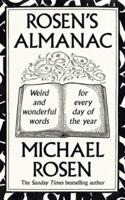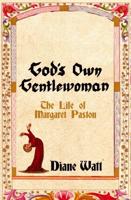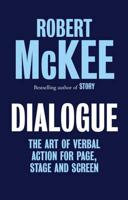Publisher's Synopsis
Seminar paper from the year 2017 in the subject English Language and Literature Studies - Literature, grade: 2,0, LMU Munich, language: English, abstract: This paper is aimed at showing why it is correct to call Edgar Allan Poe the godfather of crime fiction, and how much of an influence he actually was. When we think of crime fiction two names immediately come to mind: Sherlock Holmes and, although maybe to a slightly lesser extent, Hercule Poirot. Their cases have been published all over the world, were an immediate success, and have since been adapted countless times for theater, radio, cinema, and TV. Although the first Sherlock Holmes case was published 120 years ago and Agatha Christie's Poirot had his first appearance in 1914, their popularity remains unbroken until today. Agatha Christie's play "The Mousetrap" is "celebrating the 64th year of a record-breaking run during which over 26,000 performances have been given", and until today holds the "world record for the longest continuous run at one theatre" ("The Mousetrap"). And the latest Sherlock Holmes series Sherlock and Elementary have been renewed for their fifth and sixth season respectively. It is safe to say their names have become household words for detective fiction. The name C. Auguste Dupin on the other hand is - at least today - relatively unknown, familiar probably only to the ardent crime fiction enthusiast. Yet, in literary circles "[t]he general critical consensus is that the detective story begins with Edgar Allan Poe, the 'father' of the detective genre".










